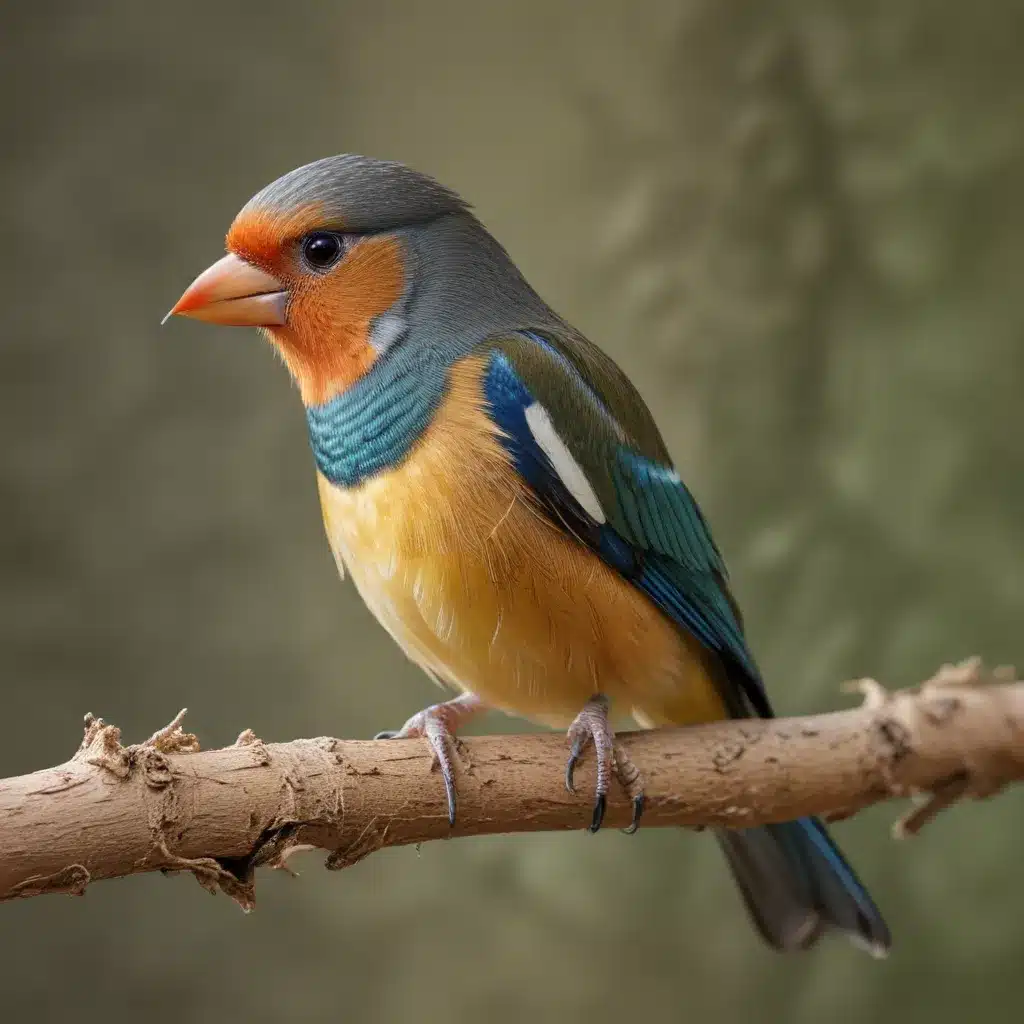
Bird Ownership Basics
As an experienced avian caretaker and expert in all things birds, I’ve encountered countless myths and misconceptions surrounding pet bird ownership. It’s time to set the record straight and provide you with the facts to make informed decisions about bringing a feathered friend into your home.
Common Bird Species Kept as Pets
The world of pet birds is vast and diverse, with a wide range of species to choose from, each with its own unique care requirements and personality traits. Some of the most popular pet bird species include parrots, cockatoos, cockatiels, parakeets, canaries, finches, and lovebirds. Proper research and preparation are essential to ensure you can provide the appropriate environment and meet the specific needs of the bird you’re considering.
Bird Care and Housing Requirements
Contrary to popular belief, birds are not low-maintenance pets. They require specialized care, including a spacious and enriched enclosure, a balanced diet, regular veterinary check-ups, and plenty of interaction and mental stimulation. Neglecting these essential elements can lead to behavioral issues, health problems, and a diminished quality of life for your feathered companion.
Acquiring a Pet Bird
When it comes to obtaining a pet bird, it’s crucial to do your due diligence. Reputable breeders, rescue organizations, and specialty pet stores are the best sources, as they can provide guidance on the right bird for your lifestyle and ensure the bird’s well-being. Avoid impulse purchases or acquiring birds from unscrupulous sources, as this can lead to heartache and challenges down the line.
Debunking Bird Ownership Myths
Now that we’ve covered the basics, let’s dive into some of the most common myths surrounding bird ownership and separate fact from fiction.
Myth: Birds are Low-Maintenance Pets
This couldn’t be further from the truth. Birds, especially larger species like parrots, require a significant time commitment and specialized care. They need a varied diet, spacious and enriched housing, regular exercise, and dedicated interaction and training to thrive. Neglecting any of these aspects can lead to health issues, behavioral problems, and a reduced lifespan.
Myth: Birds Don’t Need Socialization
Contrary to this belief, birds are highly social creatures that crave attention and interaction. Failing to provide your feathered friend with regular socialization and positive human interaction can lead to anxiety, aggression, and other behavioral issues. Consistent handling, training, and playtime are essential for your bird’s physical and mental well-being.
Myth: Clipping Wings is Necessary for Bird Safety
While wing clipping can be a useful tool for certain situations, it’s not a requirement for all pet birds. In fact, many experts recommend against routine wing clipping, as it can limit a bird’s natural flight and lead to muscle atrophy, balance issues, and increased risk of injury. Instead, focus on providing a secure and escape-proof environment, along with proper training and supervision.
Bird Health and Welfare
Ensuring the health and well-being of your pet bird is of the utmost importance. Let’s explore some key aspects of avian care and welfare.
Avian Nutrition and Diet
Proper nutrition is crucial for a bird’s overall health and longevity. Birds have specific dietary requirements that cannot be met by a simple seed-based diet. A balanced diet consisting of high-quality pellets, fresh fruits and vegetables, and occasional treats is essential. Consult with an avian veterinarian to develop a feeding plan tailored to your bird’s species, age, and individual needs.
Identifying and Addressing Common Bird Illnesses
As with any pet, birds can be susceptible to a variety of health issues, from respiratory infections to feather disorders. Familiarize yourself with the signs of common avian ailments, and establish a relationship with an experienced avian veterinarian who can provide timely and appropriate medical care. Early detection and treatment are key to ensuring your bird’s well-being.
Providing Appropriate Enrichment for Pet Birds
Birds are intelligent and active creatures that require mental and physical stimulation to thrive. Offering a variety of toys, perches, and activities can help prevent boredom, reduce stress, and encourage natural behaviors. Regularly rotate and introduce new enrichment items to keep your feathered friend engaged and content.
Responsible Bird Ownership
Responsible bird ownership goes beyond just meeting the basic needs of your feathered companion. It encompasses legal considerations, budgeting, and finding the right veterinary care.
Legal Considerations for Bird Owners
Depending on your location and the bird species you’re interested in, there may be specific laws and regulations governing pet bird ownership. Research the requirements in your area and ensure you’re complying with all applicable laws and ordinances before bringing a bird into your home.
Budgeting for Bird Care Expenses
Owning a pet bird can be a significant financial investment. In addition to the initial purchase or adoption costs, you’ll need to factor in ongoing expenses such as specialized food, housing, toys, veterinary care, and potential emergency medical treatments. Develop a realistic budget and be prepared to commit the necessary resources to provide your bird with the care it deserves.
Finding the Right Avian Veterinarian
Locating an experienced avian veterinarian is essential for maintaining your bird’s health and well-being. Look for a practitioner who specializes in exotic species, has extensive knowledge of avian care, and can provide comprehensive medical services, including preventive care, diagnostics, and treatment. Building a strong relationship with your bird’s vet will ensure your feathered friend receives the best possible care.
By separating fact from fiction and addressing these common myths, I hope I’ve provided you with a more comprehensive understanding of the realities of bird ownership. Responsible pet bird care requires dedication, research, and a genuine commitment to your feathered companion’s well-being. If you’re ready to embark on this rewarding journey, I encourage you to visit Mika Birds Farm to explore their selection of healthy, well-cared-for birds and the resources to support you along the way.


